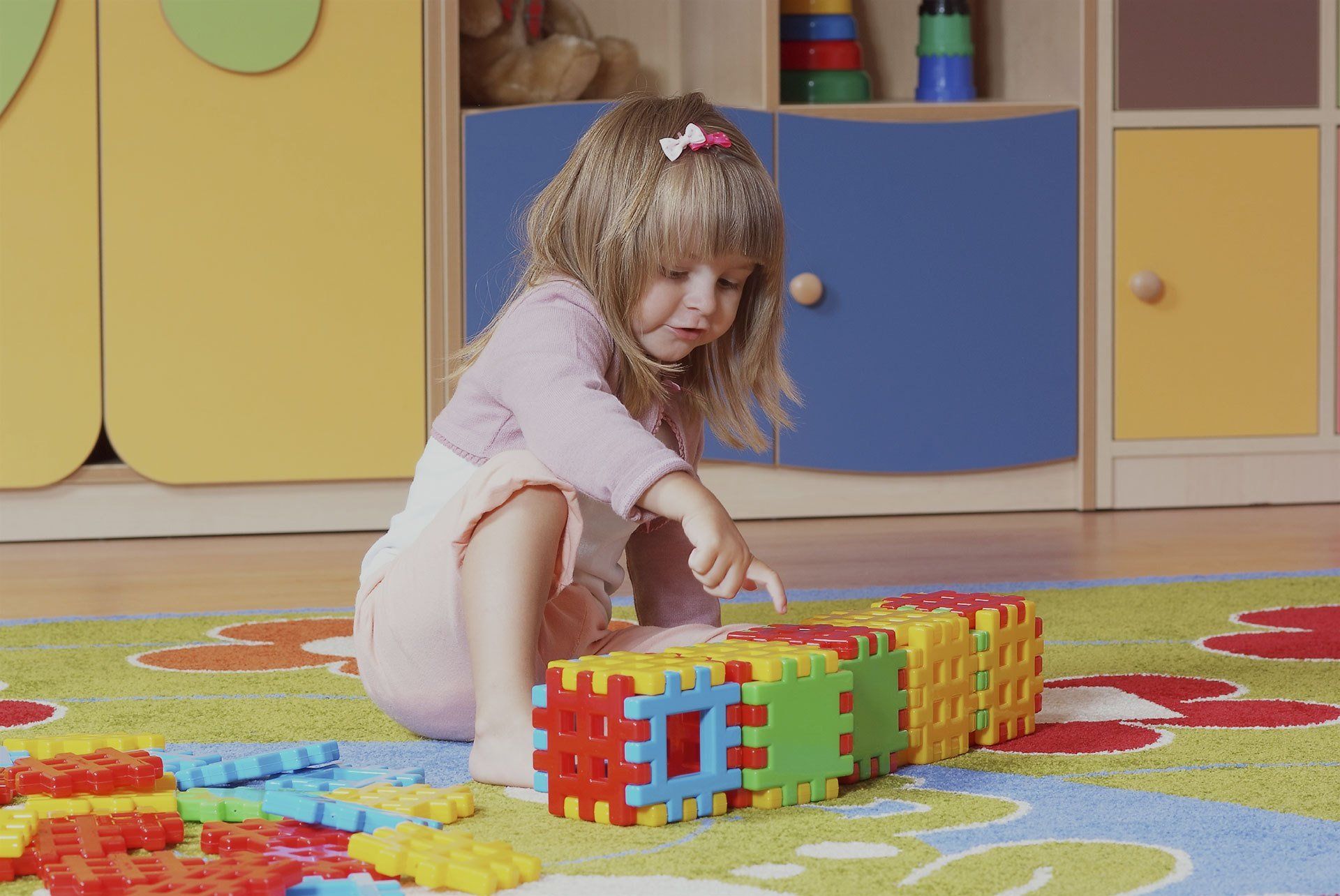How to Foster Emotional Intelligence in Young Children
How to Foster Emotional Intelligence in Young Children
Emotional intelligence is a significant predictor of a child's future success and well-being. While we often focus on academic milestones like learning the alphabet or counting, understanding and managing emotions is just as critical for healthy development. Fostering emotional intelligence, or EQ, gives children the tools they need to build strong relationships, navigate challenges, and lead happier lives. For parents and caregivers, supporting this growth is one of the most valuable gifts you can offer.
Developing emotional intelligence from a young age lays the foundation for lifelong success. Children with higher EQ tend to perform better in school because they can manage stress and focus on learning. They are also better equipped to handle social pressures and build supportive friendships.
Practical Tips for Fostering Emotional Intelligence
1. Teach Them to Name Their Feelings
The first step in managing emotions is being able to identify them. Young children experience big feelings but often lack the words to describe what’s happening inside them. You can help by giving them a "feelings vocabulary."
- Label Emotions: When your child is visibly happy, sad, or frustrated, give the feeling a name. You might say, "You are smiling so big! You look very happy," or "I see you’re clenching your fists. Are you feeling angry?"
- Use a Feelings Chart: A chart with faces showing different emotions (happy, sad, angry, surprised, scared) can be a great visual tool. You can ask your child to point to the face that shows how they are feeling.
- Read Books About Emotions: Many children's books explore feelings in a way that is easy for them to understand. Reading together provides a great opportunity to talk about how characters are feeling and why.
By giving feelings a name, you validate your child's experience and show them that all emotions are a normal part of life.
2. Model Healthy Emotional Regulation
Children learn how to handle their emotions by watching you. When you manage your own feelings in a constructive way, you provide a powerful example for them to follow.
- Talk About Your Feelings: Let your child know when you are feeling happy, frustrated, or tired. You could say, "I'm feeling a little frustrated because I can't find my keys. I’m going to take a few deep breaths to calm down."
- Show Healthy Coping Strategies: When you're stressed, demonstrate positive ways to cope. This could be listening to music, going for a walk, or simply taking a quiet moment for yourself.
- Apologize When Needed: If you lose your temper, apologize to your child. Say something like, "I'm sorry I raised my voice. I was feeling upset, but it wasn't the right way to show it." This teaches them about accountability and repairing relationships.
3. Encourage Empathy Through Storytelling and Play
Empathy is the ability to understand and share the feelings of another person. It's a cornerstone of emotional intelligence and a key ingredient for kindness and compassion.
- Discuss Characters' Feelings: While reading a book or watching a movie, pause and ask questions. "How do you think that character feels right now? Why do you think they feel that way? What could we do to help them feel better?"
- Engage in Role-Playing: Pretend play is a wonderful way for children to explore different perspectives. You can act out scenarios where one person is sad or hurt, and then brainstorm ways to help them. For example, pretend a doll fell and scraped its knee. Ask your child what they can do to make the doll feel better.
- Point Out Emotions in Others: In a gentle and respectful way, you can help your child notice the feelings of people around them. You might say, "Look at that little boy who fell down. He looks like he’s crying. He might be hurt or scared."
4. Listen and Validate Their Feelings
When a child is upset, our first instinct is often to fix the problem or dismiss the feeling by saying, "Don't cry" or "It's not a big deal." However, validating their emotion is far more effective. Validation doesn’t mean you agree with their behavior, but it shows you understand their feeling.
- Listen Actively: Put down your phone, make eye contact, and give your child your full attention. Let them tell their story without interruption.
- Show You Understand: Reflect their feelings back to them. You could say, "It sounds like you’re really angry that your block tower fell down," or "I can see you're sad that playtime is over."
- Separate Feelings from Behavior: It’s important to teach children that while all feelings are okay, not all behaviors are. You can say, "It's okay to feel angry, but it's not okay to hit. Let's find another way to show your anger."
Partnering with You in Your Child's Development
Fostering emotional intelligence is a journey, not a destination. It requires patience, consistency, and a lot of love. By helping your child understand their feelings, you empower them with skills that will support them throughout their entire life. At Wonder Years Child Care & Learning Center, we are dedicated to creating a nurturing environment where children can grow academically, socially, and emotionally. Our programs for infants, preschoolers, and school-aged children are designed to support every aspect of development.
If you’re looking for a childcare center in Fayetteville or Spring Lake, NC, that prioritizes your child's well-being, we invite you to learn more about our approach. Contact us today to schedule a tour and see how we can support your family.









